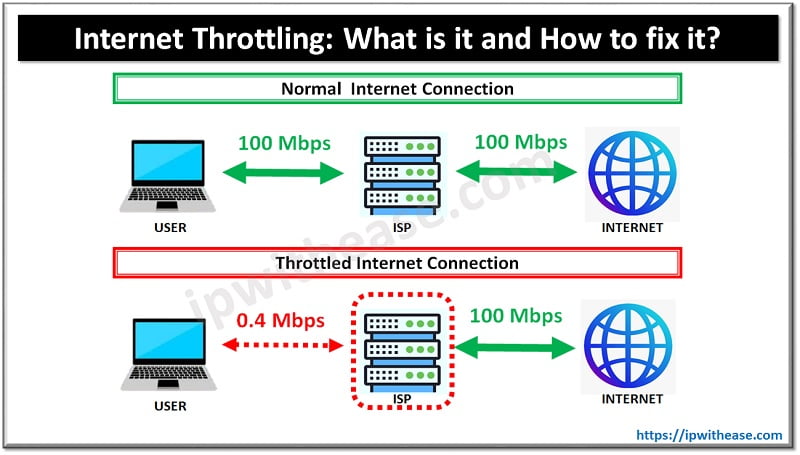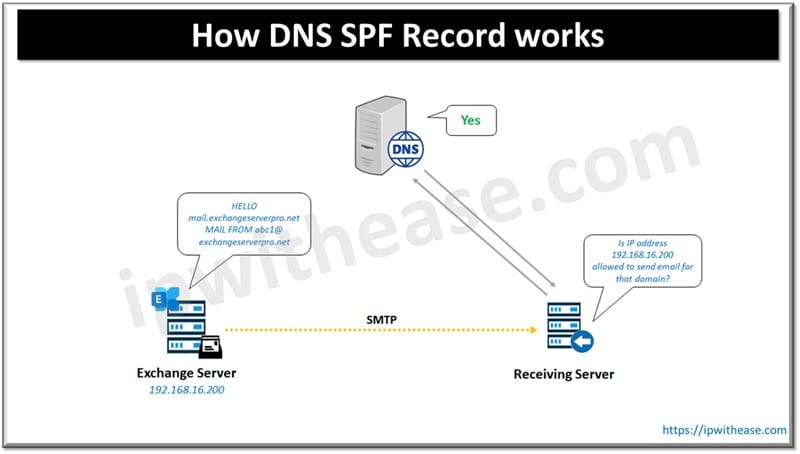In today’s digital world, having a fast and stable internet connection isn’t an option anymore. To be able to perform various online activities, a fast and stable internet connection is essential. For this reason, managing bandwidth effectively has become crucial. Bandwidth management refers to optimizing and controlling the distribution of available network bandwidth to ensure a smooth internet experience. It is an option that is available on most wireless routers and allows you to improve the performance of your network.
Benefits of Enabling Bandwidth Management
In this post, we will explore some benefits of enabling bandwidth management on your WiFi router and how it can help improve your network performance.
1. Improved Network Performance
The primary benefit or reason why most people enable bandwidth management on their WiFi router is to improve their network performance. Bandwidth management is a handy option that you can enable from the admin panel of your WiFi router, and it allows you to allocate bandwidth to devices or applications based on their priority. Bandwidth management ensures that critical applications and tasks that are of the utmost importance receive the necessary bandwidth.
Bandwidth management prevents bandwidth hogging and reduces network congestion, allowing all connected devices to have a smooth and faster network experience.
2. Enhanced User Experience
Bandwidth management is also important to enhance and improve the user experience by ensuring that bandwidth distribution is fair among all connected users. Without bandwidth management, any device running a bandwidth-intensive activity like video streaming, buffering, or downloading can monopolize all the available network resources, leaving little to no resources for other devices.
With bandwidth management enabled on 192.168.1.1, you can ensure that every connected user or device gets its fair share of available bandwidth and that no single device or user can monopolize all the network resources. This results in reduced latency and an interrupted, smooth internet experience. Bandwidth management allows you to distribute available bandwidth and network resources equally among all the devices.
3. Efficient Network Resource Allocation
Just as mentioned, enabling bandwidth management allows you to allocate resources efficiently to ensure that there is no unjust internet usage. This is particularly important for households or offices where multiple users and devices are connected simultaneously. Bandwidth management allows you to optimize the usage of available bandwidth so that multiple devices can join the network without experiencing network congestion or a downfall in performance.
It ensures that the overall network speed and performance aren’t compromised and that each device receives its fair share of network resources.
4. Prioritization of Critical Applications
Sometimes, it can become necessary to prioritize one application over another or one device over others on the network due to one reason or another. Bandwidth management provides you with the ability to prioritize any application or device on your network by allocating more bandwidth to them. You can allocate more bandwidth to internet activities that require a higher data transfer rate and bandwidth, such as downloading, streaming, online gaming, etc.
By allocating more bandwidth and internet resources to bandwidth-intensive applications or activities, you can ensure that they operate smoothly without any lag or interruption. Additionally, bandwidth management allows you to improve network performance on devices for critical tasks like video conferencing or remote work where a fast and stable internet connection is necessary.
5. Efficient Utilization of Data Plans
Not everyone has an unlimited data plan; there are so many people around the world who have limited data plans. For users with limited data plans, bandwidth management is a particularly beneficial feature that can help them prevent overage charges. Bandwidth management provides you with control over how much data each device or application can consume.
This helps to reduce unnecessary data usage and allows you to set a data cap for each device and application so that there are no overage charges. Bandwidth management allows you to make the most of your limited data plans and avoid exceeding the data cap limit.
Continue Reading:
How to Improve Streaming Bandwidth
ABOUT THE AUTHOR
IPwithease is aimed at sharing knowledge across varied domains like Network, Security, Virtualization, Software, Wireless, etc.



